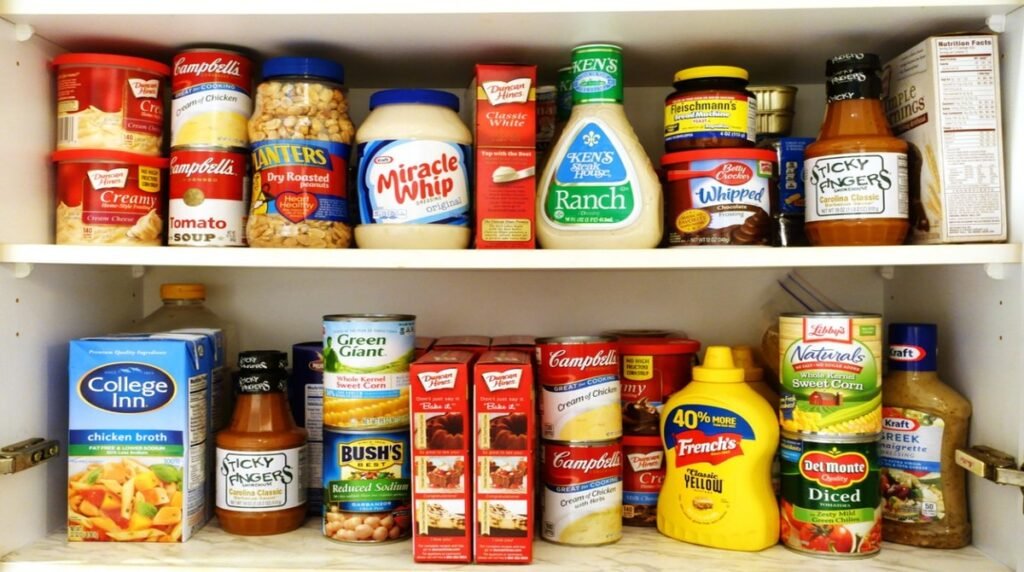In our modern, fast-paced world, the convenience of packaged foods often overshadows their nutritional drawbacks. While these products offer quick fixes and longer shelf lives, they come with hidden costs that can impact our health significantly. Here’s a closer look at why packaged food are a concern and how you can take charge of your well-being.

Convenience Over Health
Packaged foods are undeniably convenient. With their extended shelf life and easy preparation, they fit seamlessly into our busy lives. However, this convenience often comes at a price. Many packaged foods are laden with preservatives, artificial flavors, and unhealthy fats. These additives can contribute to a range of health issues, from obesity to heart disease. It’s crucial to pause and scrutinize nutrition labels to understand what’s truly in the food we consume.
Misleading Advertisements
The marketing of packaged foods can be incredibly misleading. Phrases like ‘healthy,’ ‘natural,’ or ‘fortified’ are often used to create a positive image. For instance, a product labeled as ‘baked’ may still be high in sugars and unhealthy fats. Advertisers use these buzzwords to distract from less healthy ingredients. A critical eye and a better understanding of nutrition are essential to see beyond the marketing hype.
Lack of Awareness
Many people are unaware of the recommended daily intake of key nutrients like sugar, salt, and fats. Without this knowledge, it’s easy to consume these ingredients in excess, causing long-term damage to our health. Raising awareness about these daily limits is crucial for making informed food choices and preventing chronic health issues.

RECLAIMING OUR HEALTH: STEPS TO TAKE
You don’t have to accept the status quo of packaged foods. There are several proactive steps you can take to improve your diet and overall health:
- Educate Yourself:
Understanding nutrition labels is the first step toward healthier eating. Learn to differentiate between good fats (like those from avocados and nuts) and bad fats (such as trans fats). Similarly, recognize the difference between natural sugars (found in fruits) and added sugars (present in many processed foods). Armed with this knowledge, you can make better dietary choices and avoid unhealthy products. - Prioritize Fresh Over Packaged:
Rekindle the practice of consuming fresh, seasonal produce. Our grandparents knew the value of fresh fruits and vegetables. By opting for locally sourced and seasonal ingredients, you can enhance your diet with nutrient-rich foods and reduce your reliance on processed alternatives. - Cook from Scratch:
Cooking from scratch may require more time and effort, but it offers significant benefits. When you prepare meals yourself, you have full control over the ingredients. This not only helps you avoid unhealthy additives but also provides a rewarding sense of accomplishment. Plus, homemade meals often taste better and can be customized to fit your health needs and preferences. - Advocate for Better Food Policies:
As consumers, your voice matters. Advocate for clearer food labeling and support policies that enforce stricter regulations on food advertisements. By backing initiatives that promote healthy eating and transparency, you contribute to a broader movement towards better food practices.

CONCLUSION
The convenience of packaged foods should not overshadow their potential health risks. By educating yourself, opting for fresh ingredients, cooking at home, and advocating for better food policies, you can take control of your health and make more informed choices. Embrace these steps and reclaim your health from the clutches of misleading advertisements and unhealthy additives. Your well-being is worth the effort

